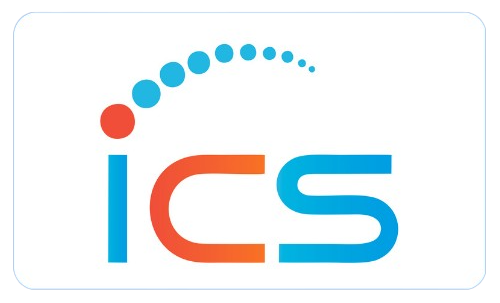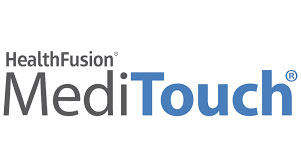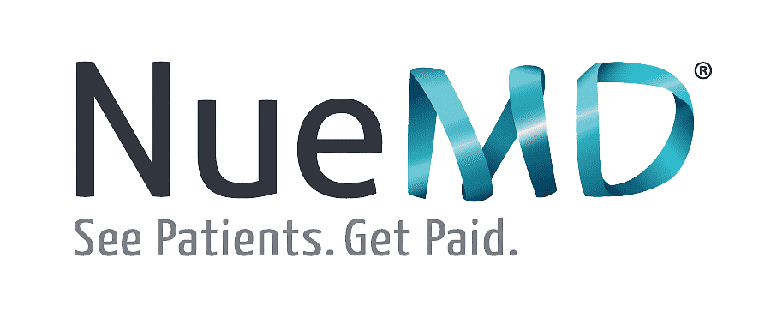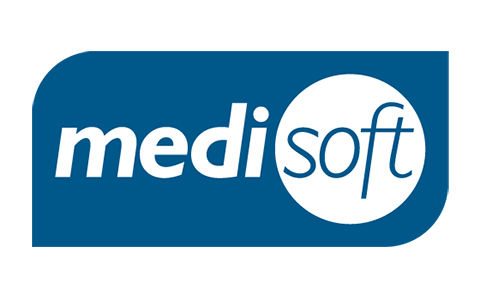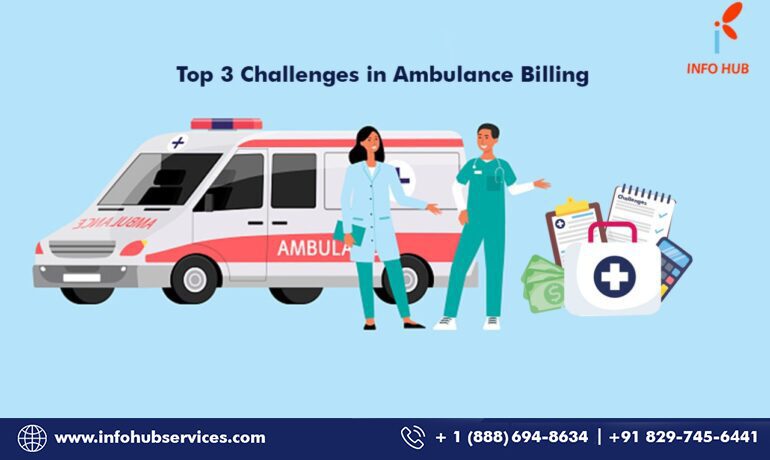Ambulance billing presents a number of specific compliance issues. A considerable number of false claim cases, fraud investigations, Medicare audit activity, and other billing-related incidents have been reported in the ambulance sector. To successfully avoid these hazards, billers must have a thorough understanding of the complexities of ambulance reimbursement. Medical billing for ambulances is always challenging since it must adhere to many regulatory regulations.
A number of complications associated with ambulance billing have resulted in frequent errors, which have resulted in claim denials by insurance companies. To minimise and reduce such claims being refused or processed, everyone involved in emergency medical care and transportation needs a better awareness of the criteria listed below in order to enhance the practice’s and ambulance services’ overall performance.
These laws are constantly evolving in order to combat the potential of fraudulent billing. Keeping up with the criteria is a difficult task in and of itself. The following are some frequent challenges to consider when invoicing for ambulance billing services
1. Signatures
All essential signatures on papers are also required for proper billing. Medical billing must also include Advance Beneficiary Notices and Physician Certification Statements in order to be compliant and avoid denial claims. To accept the assignment and submit a claim, all payers require the beneficiary’s signature. If the patient’s illness prohibits them from signing, a representative must do so on their behalf. This could be a relative, legal guardian, or someone who receives social security on the patient’s behalf, the ambulance provider’s representative, or a representative of an agency that assists the patient, or a supplier present during an emergency or non-emergency transfer.
If the signature is missing, an ambulance service or their agent cannot request reimbursement for services performed unless there is adequate paperwork to indicate that the patient was unable to sign and that no one else could sign for the patient. The signature on the form is usually required before filing the claim for payment, but not always for confirming the transit job.
2. Medical Necessity
This is the most crucial aspect of ambulance medical billing compliance. If the patient’s condition prevents them from using other modes of transportation, ambulance transportation is a medical necessity. Payment may not be made if the patient could be carried safely in a car or van, irrespective of the availability of such a vehicle. Every case must have sufficient documentation that is kept up to date and provided as requested. A physician’s instruction for conveyance is not proof of medical necessity, and the absence of such an order does not imply that there is no need. To receive reimbursement, all of the program’s coverage requirements must be met. The only issue is that medical necessity standards aren’t clearly stated. The medical paperwork that must be generated by the staff on duty at the time is known as a patient care report (PCR).
3. Life Support Billing
Aside from mileage data, the Patient Care Report must include all detailed information about the patient’s condition that reflects the damage or condition of the patient’s anatomy, as well as the terminology used. Basic Life Support (BLS) or Advanced Life Support (ALS) is the level of service provided. If sophisticated life support systems, which are more expensive, are used while less expensive, basic life support systems are available, denial may occur. When the patient’s condition is such that the jurisdiction’s basic EMT is unable to provide care, the ALS service level might be paid. The execution of the ALS assessment regulation poses the highest risk of noncompliance, as providers may interpret the rule differently or the evaluation may not be completed.
Because the regulation is interpreted differently by providers, and assessments aren’t always perfect, the administration of the ALS assessment rule poses the greatest risk of non-compliance. Any errors in this documentation can have an impact on revenue cycle management.
Ambulance billing and coding must be done on time and in the right manner in order to get reimbursed. Ambulance providers and billers and coders need to be aware of the nuances of ambulance billing services. ICS, an offshore medical billing service company, comes with a huge experience in ensuring the right details and filled in the documentation process and submitted to the insurance company in a timely fashion, so as to get appropriately paid.
